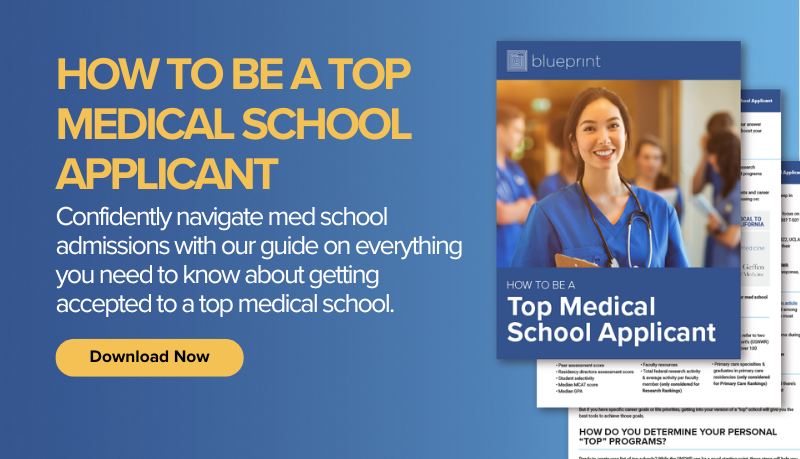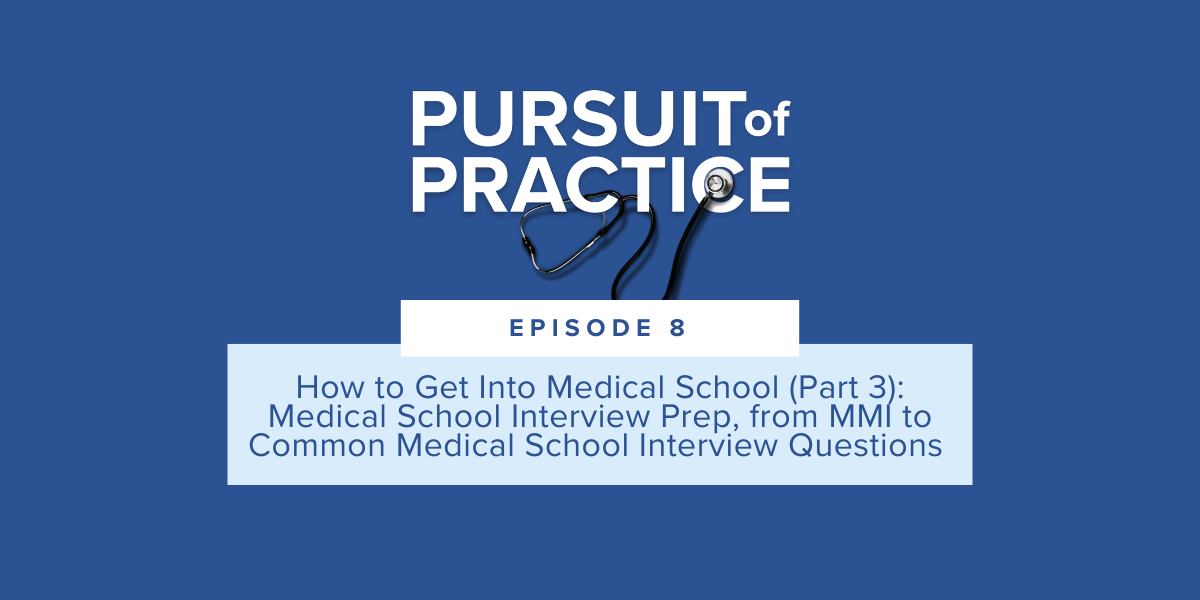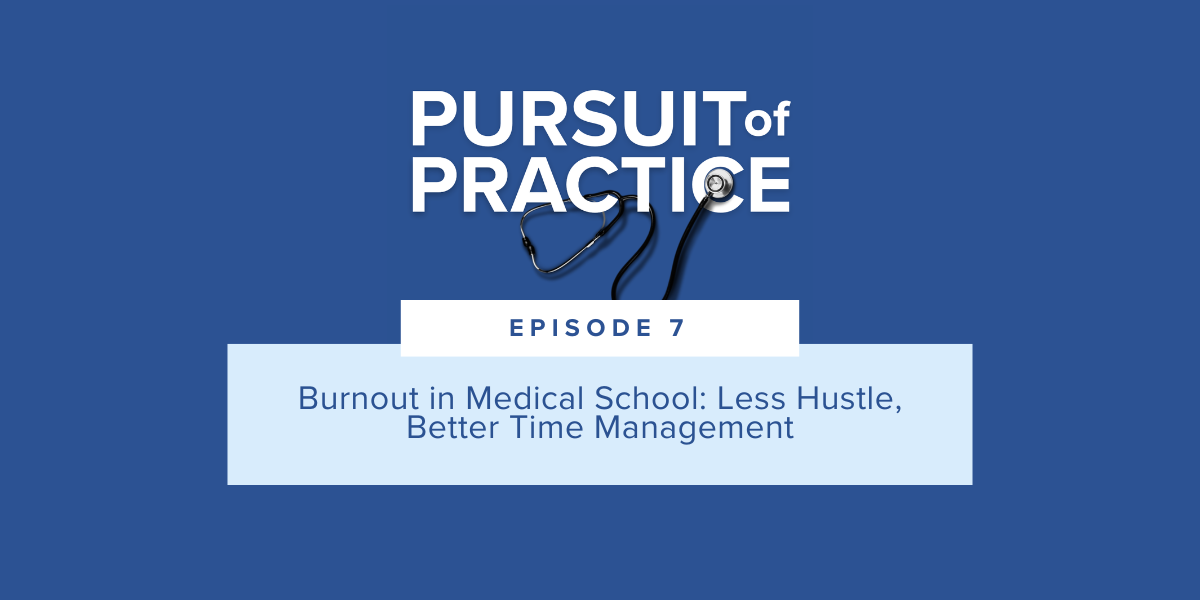The decision to take a gap year before applying to medical school is a deeply personal one, but it can have a profound impact on both MCAT performance and the strength of a medical school application. While some students worry about delaying their medical journey, others find that a gap year provides invaluable opportunities for growth, experience, and improved MCAT performance. My gap year as a research assistant at MD Anderson Cancer Center strengthened my overall application, making me a more competitive candidate.
The Benefits of a Gap Year for MCAT Performance
One of the biggest advantages of taking a gap year before med school is the ability to focus on the MCAT without the added stress of coursework and extracurricular commitments. As an undergraduate student at Vanderbilt University, I often found myself juggling multiple responsibilities—classes, research, and leadership roles—while trying to carve out time for MCAT prep. While some students thrive in that environment, I realized that stepping away from academic coursework would allow me to dedicate my full attention to mastering the content and strategies needed for a high MCAT score.
During my gap year, I was able to structure my study schedule around my work hours rather than squeezing in study sessions between classes. This flexibility enabled me to take full-length practice MCAT exams under realistic conditions, analyze my weak areas, and refine my test-taking strategies.
With fewer distractions, I found that I retained information more effectively and was able to approach the exam with greater confidence and preparedness. This dedicated time contributed to a significant improvement in my MCAT score, which ultimately strengthened my application.
Sign up to get expert tips and exclusive invites to free MCAT classes and medical school admissions workshops!
Strengthening Medical School Applications Through Work Experience
Beyond MCAT preparation, a gap year before med school provides an opportunity to gain valuable clinical or research experience that medical schools look for in applicants. In my case, working as a research assistant gave me firsthand exposure to academic medicine, allowing me to contribute to meaningful prostate cancer outcomes research. My work involved data analysis, literature reviews, and manuscript preparation. All of this strengthened my understanding of the research process and its role in patient care.
This experience was not just a resume booster. It shaped my perspective on medicine and solidified my interest in pursuing research as I progressed through training. During medical school interviews, I was able to speak passionately about my research, demonstrating my commitment to evidence-based medicine and my ability to contribute to the academic community. Many admissions committees value applicants who have spent time engaging in research or clinical work because it shows maturity, professionalism, and a clear motivation for pursuing medicine.
Further Reading
🔍 Do You Need Research Experience for Medical School?
🩺 How Many Hours of Clinical Experience Do You Need for Med School?
Personal and Professional Growth During a Gap Year
A gap year also provides a chance for personal growth, which can be just as valuable as academic achievements. Transitioning from being a full-time student to a working professional taught me important skills like time management, collaboration, and independent learning. I developed stronger communication skills through my interactions with mentors, physicians, and fellow researchers, which later helped me navigate the medical school application process with more confidence.
Additionally, stepping away from the academic environment allowed me to reflect on my career goals and reaffirm my desire to pursue medicine. Medical school is a long and demanding journey, and taking time to ensure that I was fully committed to the profession was crucial. By the time I submitted my application, I felt more prepared, both mentally and emotionally, for the challenges ahead.

Considerations for Students Thinking About a Gap Year
If you’re considering taking a gap year, here are a few key questions to ask yourself:
- Will a gap year give you the time and space needed to improve your MCAT score?
- Are you interested in gaining additional clinical or research experience to strengthen your application?
- Would a break from academic coursework allow you to develop personally and professionally before medical school?
- Do you need time to improve your GPA, take additional coursework, or complete meaningful extracurricular activities?
A gap year is not the right choice for everyone, but for many students—including myself—it can be a transformative period that enhances both academic and personal development. If approached with intention and purpose, it can lead to a stronger MCAT performance, a more compelling medical school application, and ultimately, a more confident and prepared medical student.
Final Thoughts
Taking a gap year before med school was one of the best decisions I made for my education and career. It allowed me to dedicate the necessary time to MCAT preparation, gain meaningful research experience, and grow both professionally and personally. If you’re considering a gap year, I encourage you to think about how it could align with your goals and use the time strategically to set yourself up for success.
Whether you take a gap year or not, having the right resources and strategies in place will ensure that you put your best foot forward on your journey to medical school. For those currently preparing for the MCAT or planning their application timeline, Blueprint MCAT offers expert guidance, personalized study plans, and practice exams to help you maximize your score.
Whether you need the flexibility of a Self-Paced Course, the instruction of a live 515+ Course, or the 1:1 attention of a private MCAT tutor, Blueprint MCAT has the MCAT prep option that works for your learning style!
Get started by creating a free Blueprint MCAT account and access tons of free MCAT resources, including a customizable study planner, a free practice test with analytics, 1600+ MCAT flashcards, and more!




